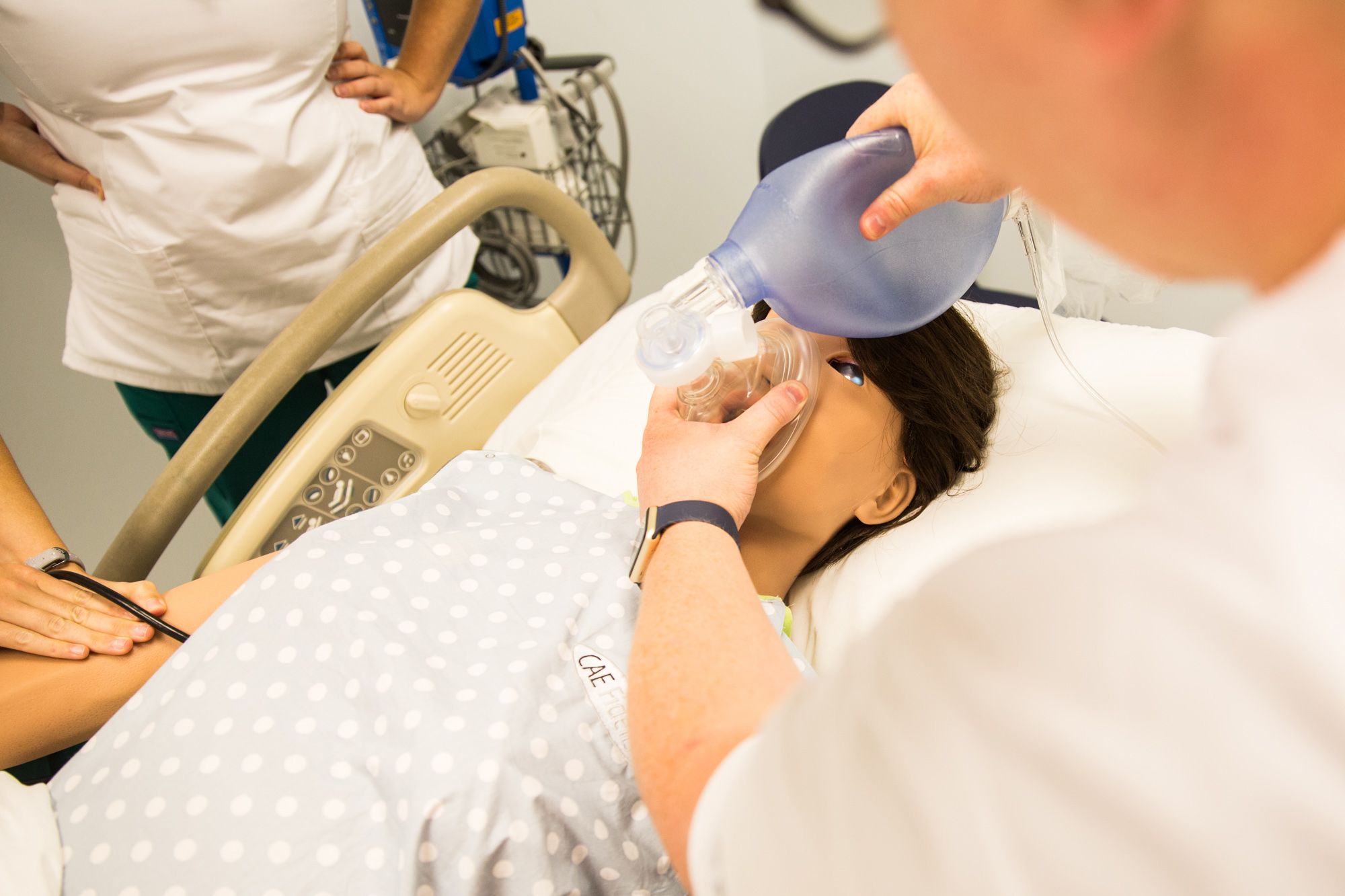Home
Rooted in Tradition,
Focused on the Future.
We build connections and inspire growth to enrich lives and create lasting impact.
Apply For Admission-
26
Academic Programs
-
3500+
Students
-
18:1
Student to Faculty Ratio
-
50%
of graduates finish debt-free
Thriving Together
There’s more to the college experience than time in the classroom.With robust campus life programs, a host of clubs and organizations, and resources to help every student find their way to graduation, ABAC Stallions are a community that thrives together.

News
View All NewsMike Tompkins sworn in as chief of police at Abraham Baldwin Agricultural College
Read ArticleABAC Celebrates Fall 2025 Commencement
Read ArticleABAC Secures $1.36 Million Grant to Boost Student Success Through TRIO Program
Read Article
Bainbridge Site
ABAC’s Bainbridge campus, located in picturesque Decatur County, offers students in Southwest Georgia a chance to start their journey in higher education while staying close to home.
Explore Bainbridge Bainbridge Campus Map









Follow Us on Social Media!
abac_college